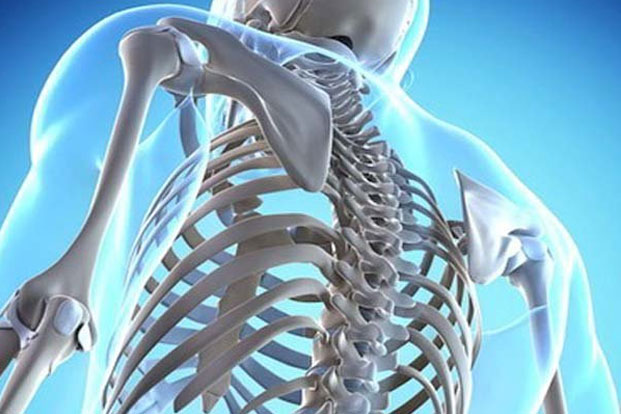Healthy bones are the foundation of a vibrant life, providing the structural framework that supports our every move. To ensure longevity and robustness in our skeletal system, it’s essential to understand the factors contributing to bone health. From nutrition to lifestyle choices, several elements play pivotal roles in fortifying our bones.

The Nutritional Blueprint
The cornerstone of bone health lies in our diet. Calcium and vitamin D are the dynamic duo that power bone strength. Calcium is the primary mineral found in bones, and it’s vital to consume it in sufficient quantities. Dairy products, leafy greens, and fortified foods are excellent sources. Vitamin D, on the other hand, enhances calcium absorption and is synthesized in our skin through sunlight exposure. Fatty fish, liver, and egg yolks are also rich in this crucial vitamin.
The Role of Physical Activity
Regular physical activity is indispensable for maintaining bone density. Weight-bearing exercises, such as walking, running, and resistance training, stimulate bone formation and slow down bone loss. Engaging in these activities regularly can significantly reduce the risk of osteoporosis, a condition characterized by brittle bones. Moreover, activities that improve balance and coordination, like yoga and tai chi, can prevent falls and fractures, thereby safeguarding bone health.
Hormonal Harmony
Hormones significantly influence bone health. Estrogen in women and testosterone in men play crucial roles in bone density maintenance. As people age, hormonal levels fluctuate, often leading to decreased bone density. Postmenopausal women, in particular, are at a higher risk of osteoporosis due to a drop in estrogen levels. Monitoring hormonal health and seeking medical advice when necessary can mitigate these risks.
The Impact of Lifestyle Choices
Lifestyle choices profoundly affect bone health. Smoking and excessive alcohol consumption are detrimental, leading to decreased bone mass and increased fracture risk. Conversely, a balanced lifestyle that includes adequate sleep, stress management, and a nutritious diet promotes overall well-being and robust bones.
The Influence of Age and Genetics
Age and genetics are non-modifiable factors influencing bone health. Bone density peaks in early adulthood and gradually declines thereafter. Understanding one’s genetic predisposition to bone-related conditions can aid in taking proactive measures. For instance, those with a family history of osteoporosis might need to be more vigilant about their bone health regimen.
Conclusion
In conclusion, fostering healthy bones involves a holistic approach encompassing nutrition, physical activity, hormonal balance, and mindful lifestyle choices. By embracing these practices, one can enjoy a life free from the constraints of bone-related ailments. For more comprehensive information on bone health, visit pafikotaburmeso.org, a valuable resource dedicated to nurturing well-being through informed choices.

